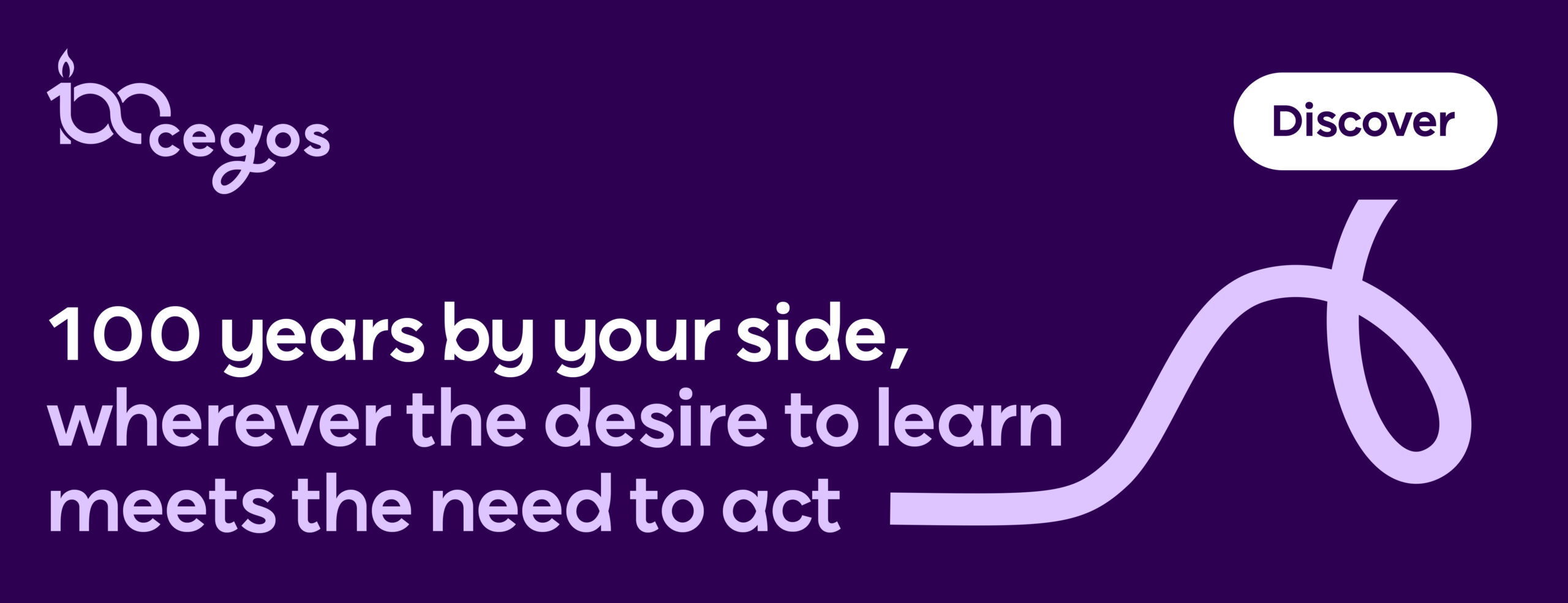
Where do leadership and the development of high-performing teams come together?

In a world where collaboration is essential for success, high-performing teams are emerging as engines for innovation and excellence. These teams are not just groups of individuals working together, they are cohesive entities that transcend individual skills to achieve exceptional results. High-performing teams are distinctive for their ability to overcome obstacles, achieve challenging goals and adapt quickly to change. Moreover, these teams are not only efficient; they are also resilient, creative and autonomous. Their strength lies in the synergy between the members, who support each other by leveraging individual skills to achieve a common goal.
At the centre of this dynamic is leadership, which plays a key role in developing and strengthening these elite teams. Leaders play a multifaceted role, acting as mentors, facilitators and catalysts for change. Their ability to inspire, motivate and guide team members is key to unlocking the group's full potential. An effective leader not only sets clear goals and guides the way to achieve them, but also cultivates an environment of trust, open communication and mutual respect.
Developing a high-performing team is a continual process that requires commitment in several key areas, which we share with you here:
Efficient communication
Clear and open communication is the backbone of a cohesive team. Leaders must foster an environment where members feel comfortable expressing ideas, giving constructive feedback and resolving conflicts in a positive way.
Defining Objectives
Clear and achievable objectives provide the team with a clear direction and a shared sense of purpose. Leaders should work closely with the team to set meaningful goals and create an action plan to achieve them.
Skills development
Investing in the development of team members' individual and collective skills is essential for their continued growth. Leaders should identify development needs and provide learning opportunities that strengthen each member's technical and interpersonal skills.
Building trust
Trust is the foundation on which high-performing teams are built. Leaders must demonstrate integrity, transparency and empathy to nurture an environment where members feel safe to take risks, share ideas and show their vulnerability.
Recognition and Celebration
Recognising the work and achievements of the team is fundamental to maintaining collective and individual motivation and engagement. Leaders should celebrate successes, recognise individual and collective achievements, and show appreciation for dedicated effort.
From the above, we conclude that high-performing teams are the drivers of success in any organisation. However, their development and sustainability do not happen by chance; they require skilful leadership, commitment and continuous investment. By prioritising effective communication, setting clear goals, developing skills, building an environment of trust and recognising the work done, leaders can empower their teams to achieve extraordinary results and overcome the challenges of the present and the future with confidence and resilience!
This article was originally written in Portuguese by Sónia Gonçalves, Training Manager at Cegoc in Portugal, and published in the Cegoc blog.










